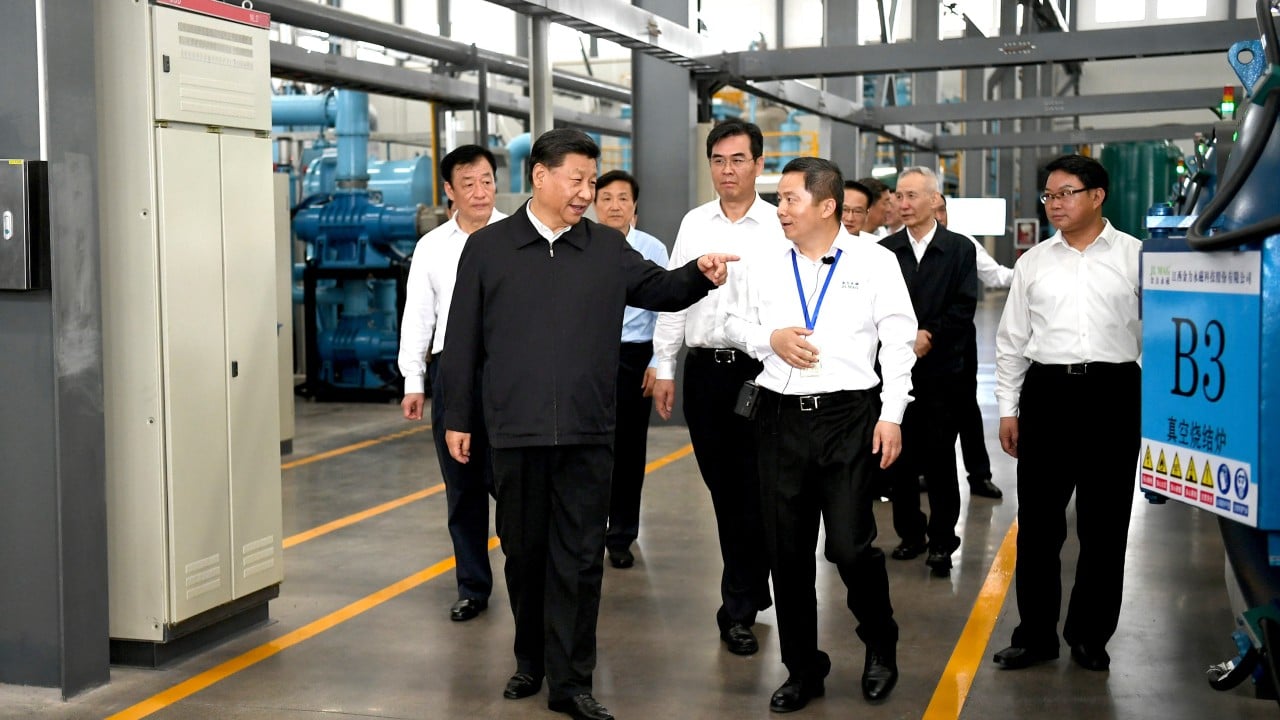President Xi Jinping is expected to meet with his US counterpart, Donald Trump, on the sidelines of the Asia-Pacific Economic Cooperation (Apec) summit later this month. Regardless of how the summit might go, don’t count on China walking back its recently announced export controls on rare earths.
Advertisement
Beijing might consider increasing supplies for civilian industries if the US rolls back its own escalatory policies following the trade truce brokered in Geneva, Switzerland earlier this year. The US is likely to make enough compromises to keep its artificial intelligence (AI) bubble from bursting. However, it will reignite the economic war on China as soon as it can’t get enough rare earths for its weapons industry.
While China has slapped retaliatory tariffs on American goods, introducing US-style extraterritorial controls on rare earth products and technologies represents the first major counter-attack by China over the course of the trade war.
Initially, China was focused on addressing vulnerabilities by reducing its reliance on exports to the US market. But now, Chinese leaders are going on the offensive.
The US has played all its cards. Its goal has been to weaken China without inflicting too much damage on itself. Whenever it finds such an opportunity, it will take it. This is why Washington breaks agreements. Escalation is built into US policy. However, this strategy has a limited shelf life, which we’re beginning to see.
Advertisement
The US economy has been about bubbles and weapons for decades, propped up by the US dollar’s role as a reserve currency. The US is a debt superpower that sustains itself with bubbles while suppressing competing centres of wealth. US leaders are hedging their bets on AI development and a tech war aimed at stifling China’s growth. Those aspirations and that war effort are in a precarious position.

